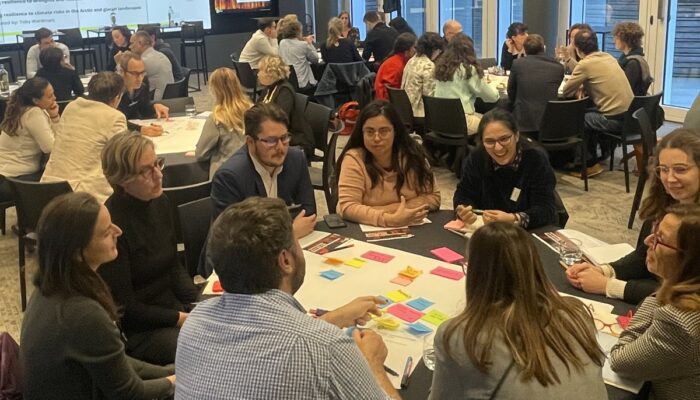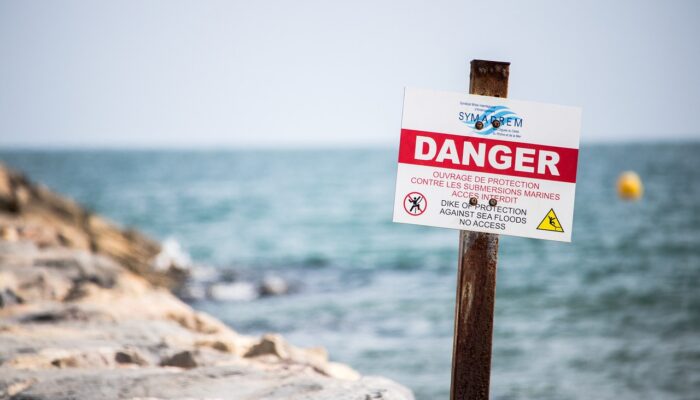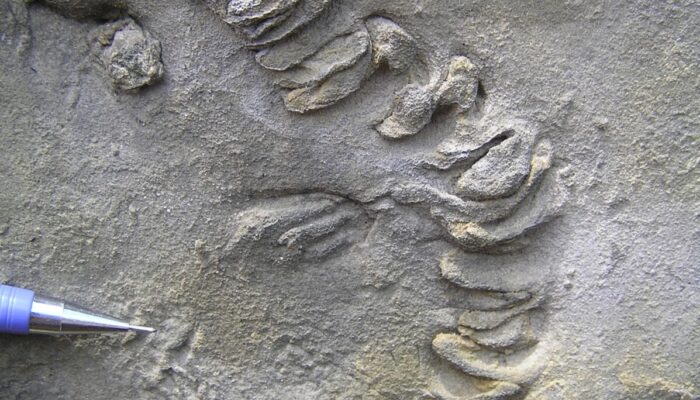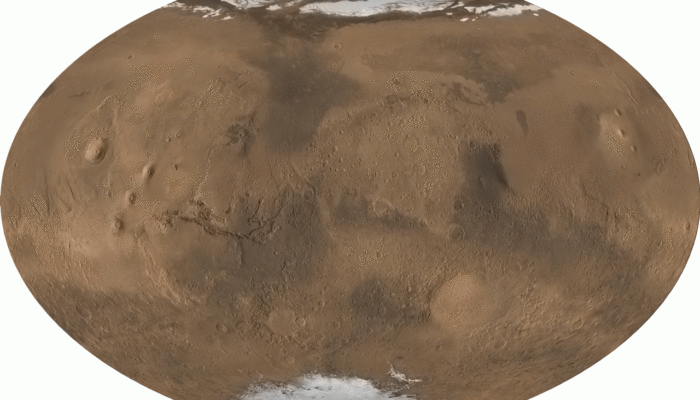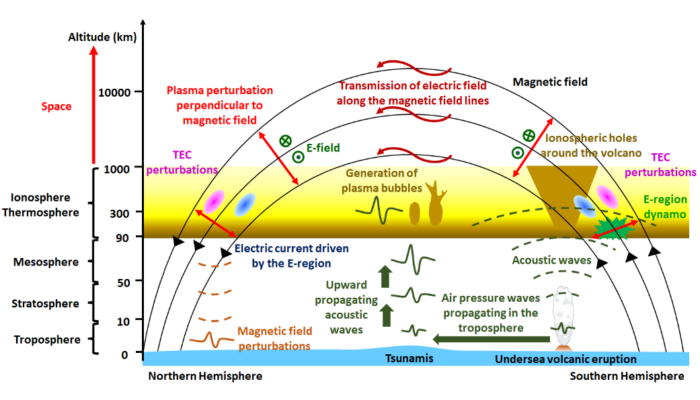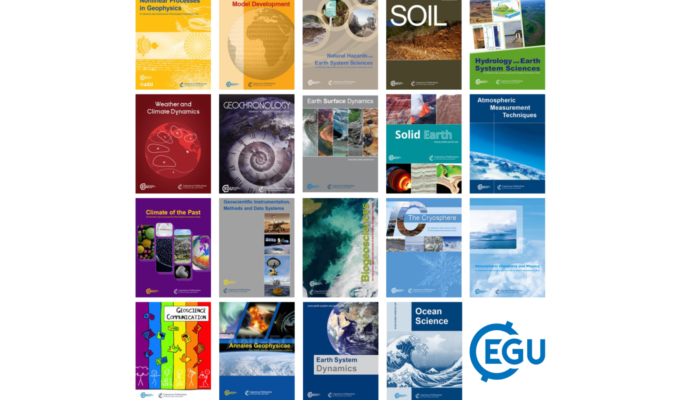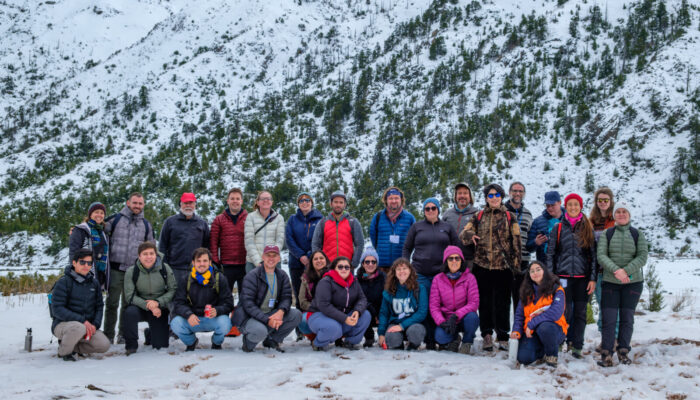As scientists we possess invaluable expertise that can help shape evidence-informed policies, and decision-makers in the EU are increasingly recognising the importance of scientific input. The EGU can play a key role in this process, with its advice already being considered in major policy developments such as the Nature Restoration Law. As part of these efforts, the EGU Science-for-Policy Team (l ...[Read More]
If you didn't find what you was looking for try searching again.
Natural Hazards
Building Disaster Resilience Through Trust and Risk Awareness: Insights into Natural Hazards
Trust in institutions and scientific experts plays a pivotal role in Disaster Risk Reduction (DRR). This trust becomes even more critical for natural hazards—events often unpredictable and uncontrollable. Trust can shape individuals’ willingness to heed warnings, adopt precautionary measures, and participate in community preparedness initiatives. Conversely, distrust in institutions may lead to no ...[Read More]
GeoLog
Why Earth and Space Sciences need to dismantle the cis-het-white boys’ club
The Earth and space sciences, like many STEM fields, have long been dominated by a narrow vision of who belongs. But the tide is turning. A 2023 workplace climate survey of Earth and space scientists highlights both the persistent barriers queer and other historically excluded scientists face and the urgent need for cultural shifts within the discipline. The data is clear: the geosciences must now ...[Read More]
Stratigraphy, Sedimentology and Palaeontology
Broadening our Understanding of Bird Ichnology through Neoichnology
Introduction Bird footprints are some of the most recognizable traces in the fossil record. Yet birds exhibit a wide variety of behaviours which may be preserved as ancient traces. Records include feeding traces like probing, nesting structures and possibly coprolites, but the study of the traces left by modern birds extends their scope to courtship-related scrapes, swimming and diving traces, bir ...[Read More]
Geodynamics
Going Around Mars
One of our closest neighbors in the universe, the red planet, has long intrigued geoscientists. Mars has been the destination for multiple spacecraft missions. Two rovers, Curiosity and Perseverance, are still exploring the planet as of 2025. This week, let us go on a short tour around Mars and show a little love to this fascinating planet. We will start our tour by looking at the global topograph ...[Read More]
Solar-Terrestrial Sciences
Impact of upper atmosphere and ionosphere associated with an extremely explosive eruption of the Tonga volcano
1. Introduction Severe natural phenomena of geophysical, hydrological, and meteorological origins cause natural hazards that negatively impact human activity or the environment. Many people living on the earth suffer from natural hazards every year. Although we can predict some natural hazards (e.g., typhoons) in near real-time, forecasts of the geophysical natural hazards such as large earthquake ...[Read More]
GeoLog
Are you ready to vote for your favourite Division blog of 2024?
Our EGU blogging team has had a fantastic 2024 posting across our official blog, GeoLog and the division blogs. Most of our readers appreciate EGU’s blogs for their informative yet accessible style, and for our bloggers ability to take complex geoscience content and make it fun and relevant to the reader. If this sounds like something you’d like to get involved in, we encourage you to get in touch ...[Read More]
GeoLog
GeoRoundup: the highlights of EGU Journals published during January!
Each month we feature specific Divisions of EGU and during the monthly GeoRoundup we put the journals that publish science from those Divisions at the top of the Highlights section. For January, the divisions we are featuring are Tectonics and Structural Geology (TS), Geochemistry, Mineralogy, Petrology & Volcanology (GMPV), and Earth Magnetism & Rock Physics (EMRP). They are served by the ...[Read More]
Geodesy
Expanding the Picture: Simon Tong
Hi Simon, thank you for sharing your story with us and the geodesy community! First, can you give us your ‘classical work intro’ so that we get an idea of where you are working and what your field of interest is? I am currently working at Deutsches Zentrum für Luft- und Raumfahrt (DLR)’s Earth Observation Centre (EOC) as a working student, while at the same time studying for a Master’s degree at T ...[Read More]
Geomorphology
Práctica de la geomorfología centrada en las relaciones
Esta entrada de blog forma parte de nuestra serie «Destacados», para la que aceptamos colaboraciones. Póngase en contacto con uno de los editores del blog de GM, Emily (eb2043@cam.ac.uk) o Emma (elodes@asu.edu), si desea contribuir sobre este tema u otros. Por: Rebekah Harries, investigadora postdoctoral, Universidad de Durham, Reino Unido Correo electrónico: rebekah.m.harries@durham.ac.uk Con con ...[Read More]

